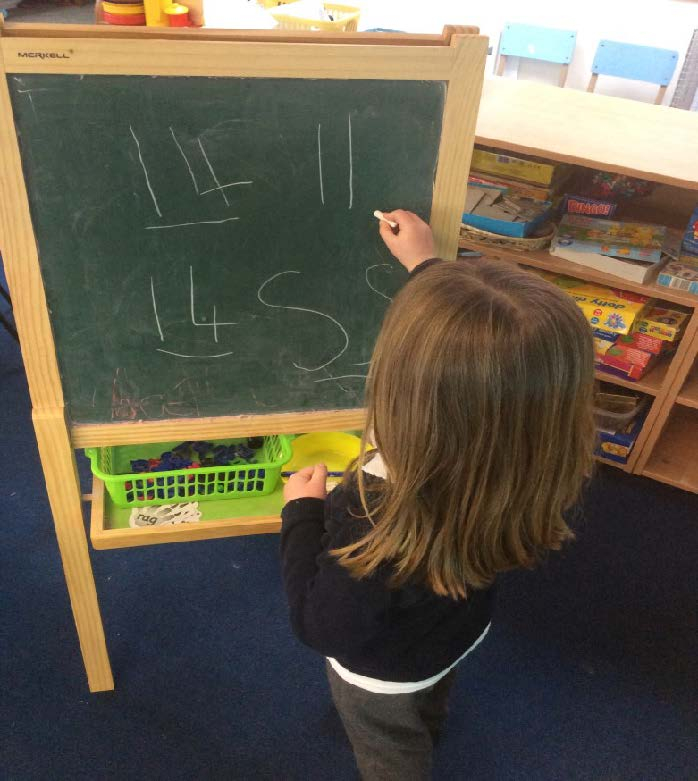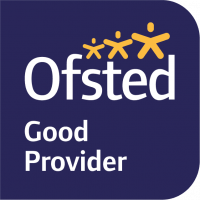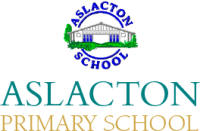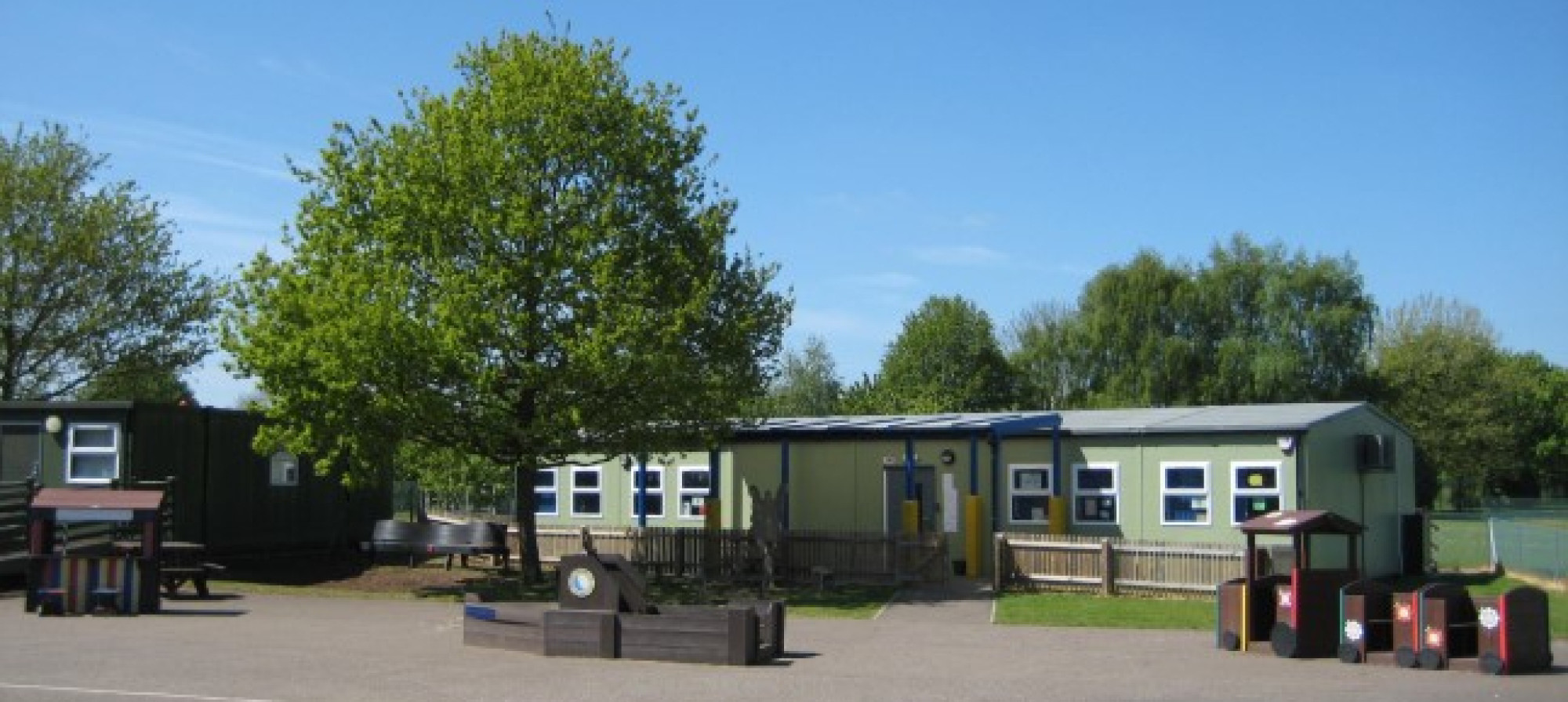Reception
Young children are constantly encountering new experiences and seeking to make sense of what is around them. In order to build upon what they already know, they learn through a variety of different learning styles.
Playing, talking, listening, questioning, observing, experimenting, testing and repeating are all ways in which children are able to consolidate their learning. It is with this in mind that the Early Year Foundation Stage Curriculum (EYFS) was first developed.
Typical Day in Reception
The Early Years Foundation Stage Curriculum is applicable to children from Birth to the end of their Reception Year in school. The seven areas of learning within the EYFS are:
Prime areas of learning
- Personal, Social and Emotional Development
- Communication and Language
- Physical Development
Specific Areas of learning
- Literacy
- Mathematical Development
- Understanding the World
- Expressive Arts and Design
All of the above areas are very much interlinked. Skills that are learnt in one area, often help to develop understanding in another area of the curriculum. The main focus in the early part of the EYFS and into Nursery, is on the Prime areas of learning, although considerable time is still given to learning in the specific areas. This need to be developed and consolidated, in order for rapid learning in the specific areas to take place.
At Manor Field Infant and Nursery school, we are lucky to have access to a very wide variety of equipment and resources. The children have access to purpose built outdoor areas ensuring that free-flow play happens daily.
‘Play’ is at the heart of all learning in Nursery and Reception and it is through this, that children learn most effectively. Staff work with both small groups and individuals on learning activities and also observe children working on activities on their own initiation. It is through these observations, that ‘next steps’ in your child’s learning can be planned.
Termly Overview
Personal, Social and Emotional Development
Successful personal, emotional and social development is critical for young children. It affects all aspects of their lives and all areas of their learning. It is all about them having belief in themselves, developing social competence, developing respect for others and a positive disposition to learn. Children take part in regular circle time and sharing activities, designed to develop confidence and speaking and listening skills. The school follows the PATHS programme (Promoting Alternative Thinking Strategies) and each day a ‘PATHS person of the day’ is selected. The children learn to give and take compliments and think carefully about their own and others feelings.
Communication and Language
Developing children’s speaking and listening skills is integral to them becoming confident readers and writers. We ensure that children have many opportunities to develop their social skills, articulation and vocabulary through regular speaking and listening activities in both large and small groups.
Physical Development
Physical development in the Early Years Foundation Stage is about improving the children’s skills of co-ordination, control, movement and manipulation. The children feel the benefits of physical exercise. They also gain confidence in what they can do. Nursery and Reception children take part in regular PE and Dance lessons, where the focus is on improving coordination, stamina, perseverance and specific skills using balls, bats and a wide variety of other equipment. Physical skills are constantly developed in the classroom, through manipulating paintbrushes, pencils and tools. The children practise their gross motor skills constantly in the outdoor area, when riding bikes, balancing and handling equipment.
Literacy
Ensuring that children become independent readers and writers is at the heart of our curriculum as we believe that acquiring these skills, enables the children to excel at a wealth of other subjects. Children learn to write for a variety of purposes through both adult-led and child initiated activities. They are read to and learn to read a wide range of books and texts as well as developing vital phonic skills, through daily phonics sessions. During the year, we focus on a variety of ‘Core Stories’, which the children become very familiar with and reading and writing activities are often based around.
Mathematical Development
Children’s mathematical development comes from being immersed in a rich and interesting environment. They need to become confident and competent in learning and using key mathematical skills. This aspect of learning involves the children in counting, sorting, matching, looking for patterns and relationships and working with number, shapes, space and measure.
Understanding the World
Here, the focus is on developing the knowledge, skills and understanding that help children to make sense of their world. It forms a sound foundation for later work in science, design technology, history, geography and computing. Activities are based on a wide range of first-hand experiences that promote exploration, investigation, problem solving and decision making.
Expressive Arts and Design
Children have access to a wide variety of materials and resources that enable them to develop their creative skills. As well as being taught specific techniques, much of their learning comes through first-hand experiences and exploration. Both of the Reception classes and the Nursery class, have ‘lofts’ (purpose-build structures) for role play and imaginative play.
Learning Stories
Whilst your child is in the EYFS, a Learning Story is produced, documenting their achievements and the next steps in their learning. Photographs, drawings, examples of their writing and comments from staff, parents and the child, all help to make up the Learning Story.
Transition
Time is given to ensuring that your child’s transition both into Nursery or Reception and then, into year one is smooth and enjoyable. Key information about your child is shared with the next teacher along with their Learning Story (a record of their time in Nursery or Reception).








